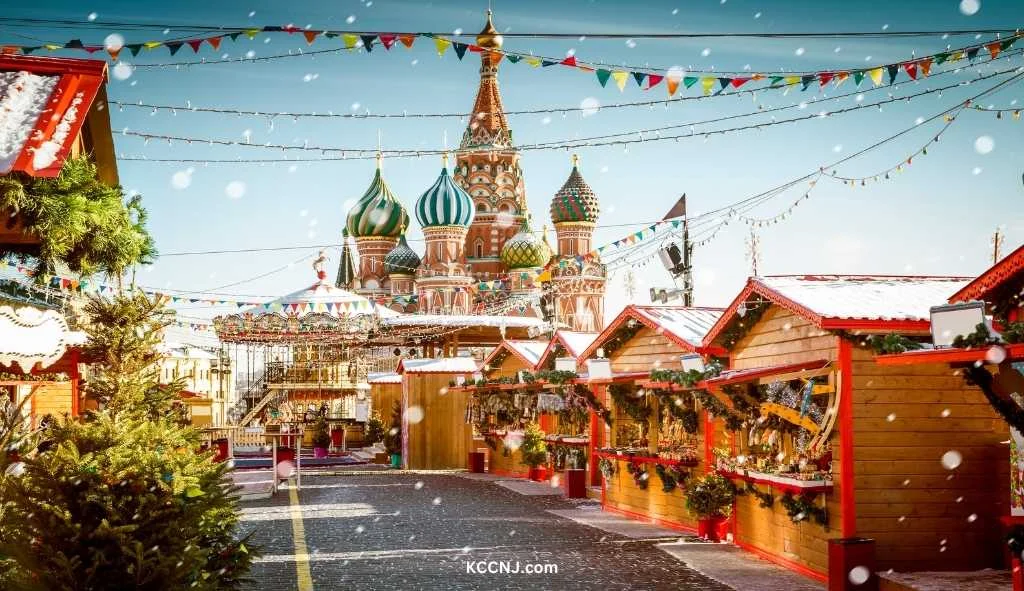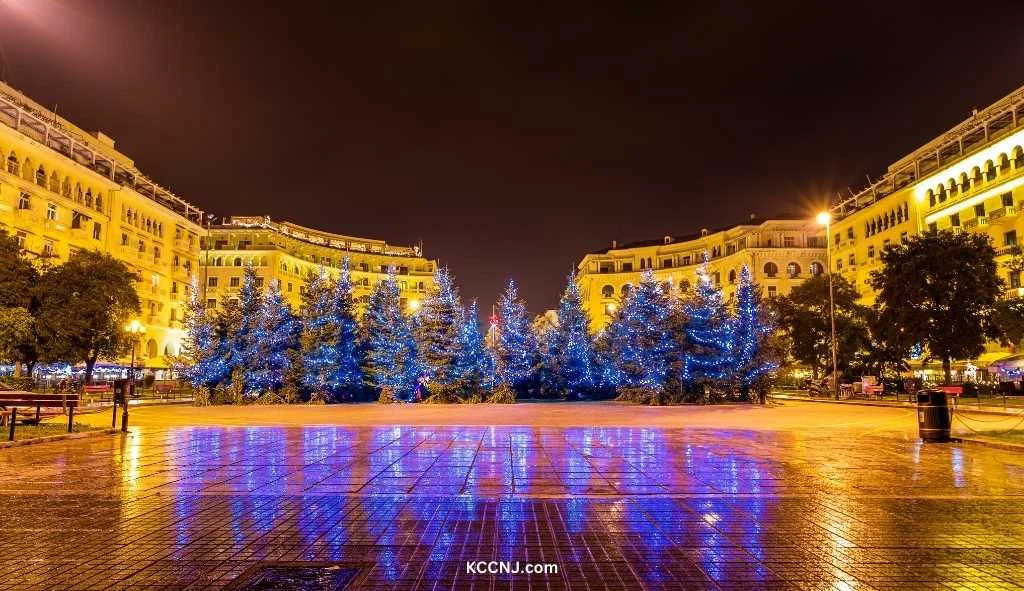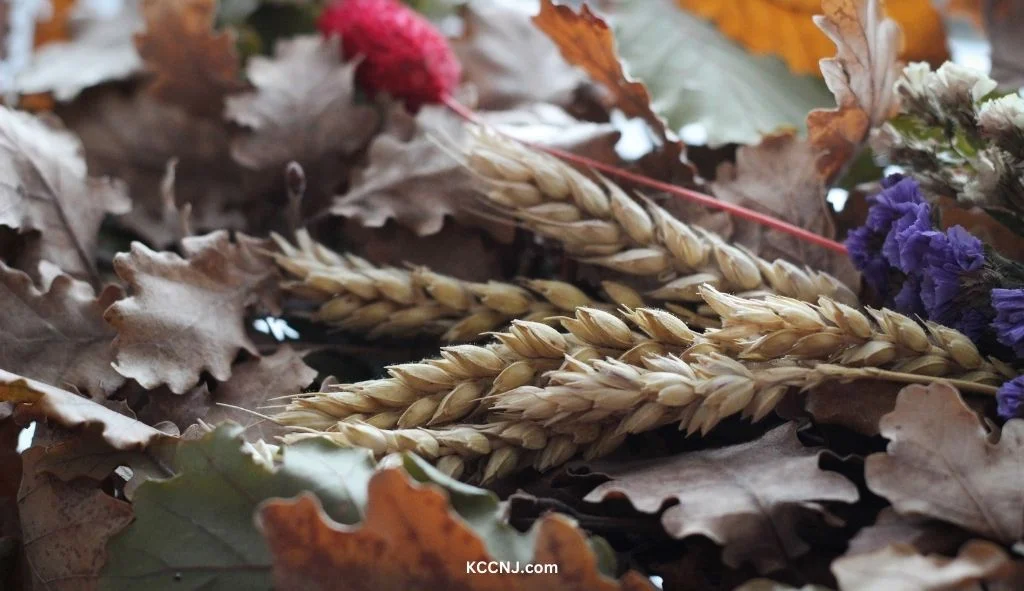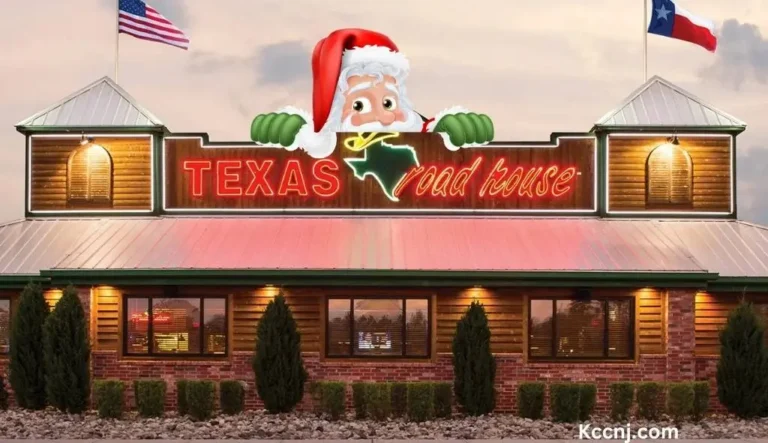Orthodox Christmas Traditions: Customs Around the World
Orthodox Christians celebrate Christmas on January 7th, following the Julian calendar. Traditions include a 40-day fast, church services, special meals, and unique customs that vary by country and culture.
The Date of Orthodox Christmas
Orthodox Christmas is celebrated on January 7th, which corresponds to December 25th in the Julian calendar. This difference in dates stems from the use of different calendars by various Christian denominations. The Orthodox Church follows the Julian calendar, which was introduced by Julius Caesar in 45 BCE. In contrast, many Western Christian churches use the Gregorian calendar, introduced by Pope Gregory XIII in 1582.
The Calendar Discrepancy
The Julian calendar gradually fell out of sync with the solar year, leading to a 13-day difference between it and the Gregorian calendar. This discrepancy explains why Orthodox Christmas falls on January 7th in the Gregorian calendar. However, it’s important to note that some Orthodox churches have adopted the revised Julian calendar, which aligns more closely with the Gregorian calendar. These churches celebrate Christmas on December 25th.
The Pan-Orthodox Congress of 1923
In 1923, a group of Orthodox leaders met in Constantinople to address the calendar issue. The Pan-Orthodox Congress brought together delegations from various Orthodox churches to discuss potential solutions. Serbian scientist Milutin Milanković proposed a revised Julian calendar that shares dates with the Gregorian calendar but doesn’t share every leap year. Some Orthodox churches adopted this revised calendar, while others maintained the traditional Julian calendar.
The Nativity Fast
One of the most significant Orthodox Christmas traditions is the Nativity Fast, also known as the Christmas Fast or Advent. This period of spiritual preparation lasts for 40 days leading up to Christmas.
Purpose and Practice
The Nativity Fast serves as a time for Orthodox Christians to prepare their hearts and minds for the celebration of Christ’s birth. During this period, believers are encouraged to:
- Abstain from certain foods, typically meat, dairy, fish, wine, and olive oil
- Increase prayer and spiritual reflection
- Read scripture and other religious texts
- Practice acts of charity and kindness
Fasting Guidelines
Fasting guidelines may vary slightly between different Orthodox churches and traditions. Some observe a strict fast throughout the 40 days, while others may relax the fast on certain days or for specific reasons. The fast typically becomes stricter in the week leading up to Christmas which is usually after the Catholic Epiphany.
Christmas Eve Traditions
Christmas Eve holds special significance in Orthodox traditions, with many customs and rituals observed on this day.
The Holy Supper
In many Orthodox countries, families gather for a special meal on Christmas Eve known as the Holy Supper. This meal is typically meatless and may include:
- Kutia: a wheat pudding made with honey, poppy seeds, and nuts
- Borscht: a beet soup
- Various vegetarian dishes and pastries
The Holy Supper often features symbolic elements:
- White linen tablecloth: representing the cloth that wrapped baby Jesus
- Straw under the tablecloth: symbolizing the manger
- Candles: representing the light of Christ
- Extra place settings: honoring deceased family members
Church Services
Many Orthodox Christians attend a Christmas Eve church service, which can be quite lengthy. These services often include:
- Vigils
- Special hymns and prayers
- Readings from scripture
- The lighting of candles
Carol Singing
In some Orthodox traditions, groups of carolers go from house to house on Christmas Eve, singing traditional songs and collecting small gifts or donations. This practice is known as “koliadky” in some Slavic countries.
Christmas Day Celebrations
Orthodox Christmas Day is marked by joyous celebrations, both religious and familial.
Divine Liturgy
The central religious observance on Christmas Day is the Divine Liturgy. Orthodox Christians attend this special church service to:
- Commemorate the birth of Christ
- Receive Holy Communion
- Join in communal prayer and worship
Family Gatherings and Feasts
After church services, families and friends often gather for festive meals and celebrations. Unlike the meatless Christmas Eve supper, Christmas Day feasts typically include meat dishes and rich desserts. Some traditional foods include:
- Roast goose or pork
- Various pastries and sweets
- Special breads, such as the Greek Christopsomo (“Christ’s bread”)
Gift-Giving
While gift-giving is not as central to Orthodox Christmas as it is in some Western traditions, many Orthodox Christians do exchange gifts on Christmas Day or on New Year’s Day, depending on local customs.
Regional Orthodox Christmas Traditions
Orthodox Christmas traditions vary widely across different countries and cultures. Here are some unique customs from various Orthodox communities:
Russia and Ukraine
- Kutia is a central dish in the Christmas Eve meal
- Some families throw kutia at the ceiling for good luck
- The Christmas meal often includes 12 dishes, symbolizing the 12 apostles

Greece
- Children go caroling on Christmas Eve, often receiving small gifts or treats
- Christopsomo, a special Christmas bread, is baked with a cross on top
- Many families keep a fire burning throughout the 12 days of Christmas to ward off the Kallikantzaroi (mischievous spirits)

Serbia
- Families bring straw into the house on Christmas Eve, symbolizing Christ’s manger
- A special oak log, called the badnjak, is burned in the fireplace
- Christmas dinner often features roast pork and česnica, a round bread with a coin baked inside
Ethiopia
- The Christmas fast lasts 43 days in the Ethiopian Orthodox tradition
- Christmas, known as Ganna, is celebrated on January 7th
- Traditional foods include wat (a spicy stew) and injera (a type of flatbread)
Egypt (Coptic Orthodox)
- The Christmas fast lasts for 43 days
- Families break their fast with a dish called fattah, made of bread, rice, and meat
- Many Coptic Christians attend a midnight mass on Christmas Eve
The Blessing of Homes
A common Orthodox Christmas tradition in many countries is the blessing of homes. This practice typically occurs on or around the feast of Theophany (January 19th in the Julian calendar), which commemorates the baptism of Jesus.
The Ritual
- A priest visits parishioners’ homes
- Holy water is sprinkled throughout the house
- Prayers are said for the family’s health and well-being
- The priest may mark the door with blessed chalk
Significance
This tradition serves as a way to:
- Invite Christ’s presence into the home
- Seek blessings for the coming year
- Strengthen the connection between the church and family life
Orthodox Christmas Decorations
While Orthodox Christmas celebrations tend to focus more on religious observances than on decorations, many families do incorporate some festive elements into their homes.
Christmas Trees
Christmas trees are common in many Orthodox households, although they may be put up later and kept for a shorter period than in Western traditions.
Nativity Scenes
Nativity scenes, depicting the birth of Jesus, are popular decorations in Orthodox homes and churches.
Candles and Icons
Candles and religious icons play a significant role in Orthodox Christmas decorations, reflecting the spiritual focus of the holiday.
FAQs
- Why do Orthodox Christians celebrate Christmas on January 7th?
Orthodox Christians follow the Julian calendar, which is 13 days behind the Gregorian calendar used by most Western churches. This results in Christmas being celebrated on January 7th in the Gregorian calendar. - How long is the Orthodox Christmas fast?
The Orthodox Christmas fast, also known as the Nativity Fast, typically lasts for 40 days. However, in some traditions, such as the Ethiopian Orthodox Church, it can last for 43 days. - What are some traditional Orthodox Christmas foods?
Traditional foods vary by country but may include kutia (a wheat pudding), roast pork or goose, special breads like Christopsomo, and various pastries and sweets. - Do Orthodox Christians exchange gifts on Christmas?
While gift-giving is not as central to Orthodox Christmas as in some Western traditions, many Orthodox Christians do exchange gifts, either on Christmas Day or on New Year’s Day, depending on local customs. - What is the significance of the Holy Supper on Christmas Eve?
The Holy Supper is a meatless meal shared by family members on Christmas Eve. It often includes symbolic elements representing various aspects of the Nativity story and serves as a time for family gathering and spiritual reflection.







